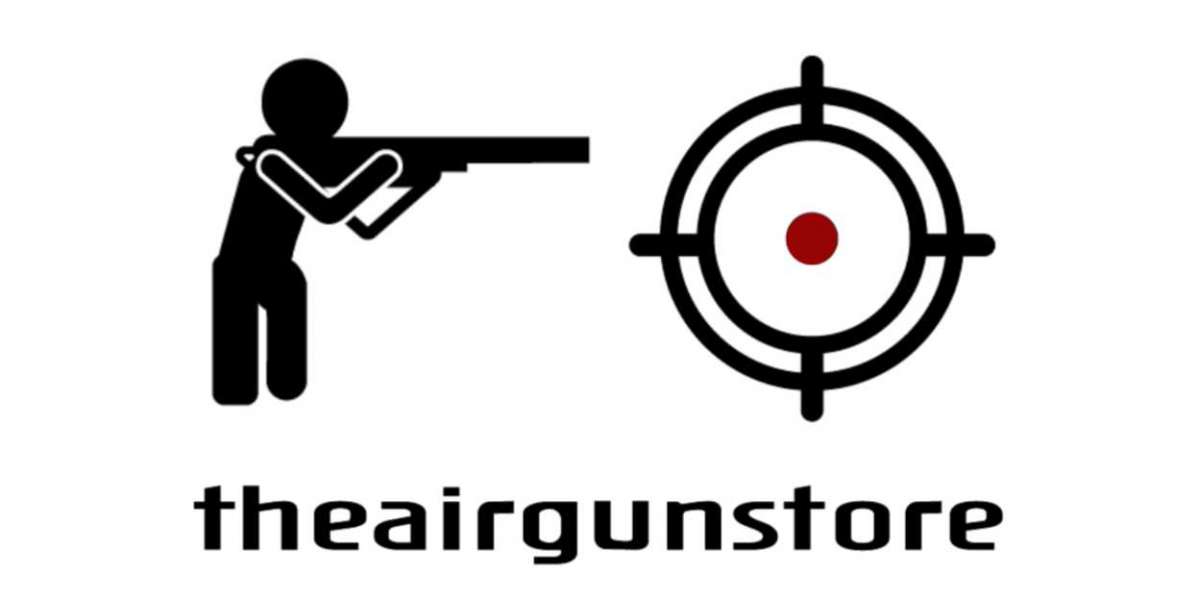Used car parts are an excellent alternative to new parts for vehicle repairs and maintenance. Whether you’re a DIY mechanic, a car owner looking to save money, or someone working on restoring a classic vehicle, used car parts can provide significant cost savings without compromising on quality. This comprehensive guide explores the benefits of used car parts, how to source them, and important considerations to ensure you make informed purchasing decisions.
Benefits of Used Car Parts
Cost Savings The primary advantage of buying used car parts is the cost savings. Used parts are typically much cheaper than their new counterparts, often by 50% or more, making them an attractive option for budget-conscious car owners. Whether you're repairing minor issues or replacing larger components like the engine or transmission, opting for used parts can help keep your repair costs low.
Environmental Benefits Using used car parts is an eco-friendly choice. Recycling parts reduces the demand for new manufacturing, which helps conserve raw materials and reduces energy consumption. It also reduces waste, as the parts are being reused instead of contributing to landfills. This is especially important for components like batteries and tires, which can be harmful to the environment when not disposed of properly.
Availability of Rare and Discontinued Parts One of the significant advantages of used car parts is the ability to find rare or discontinued components. For owners of older vehicles, classic cars, or discontinued models, new parts may no longer be available from the manufacturer. In this case, used parts can be a lifesaver, offering a chance to restore or maintain a vehicle that would otherwise be challenging to repair.
Same Quality as New Parts (When Sourced Correctly) Used car parts, if sourced from reliable sellers or salvage yards, can be of the same quality as new parts. Many used parts are thoroughly inspected, tested, and refurbished to ensure they function just as well as new components. Components like alternators, starter motors, or switches are often found in great condition in junkyards, making them a viable option for many repairs.
Sourcing Used Car Parts
Auto Salvage Yards Auto salvage yards or junkyards are the most common source for used car parts. These yards dismantle vehicles, test parts for functionality, and sell them to the public. You can visit the yard in person to find parts or call ahead to check the availability of specific components. Many salvage yards also list their inventory online, making it easier to search for parts from the comfort of your home.
Online Marketplaces Websites like eBay, Craigslist, and specialized auto part retailers (such as Car-Part.com) allow users to buy used car parts directly from sellers. These platforms often feature a wide variety of parts, and buyers can view detailed descriptions and pictures of the items. It's important to read seller reviews and ensure the parts are being sold by reputable dealers.
Auto Repair Shops and Mechanics Some auto repair shops and mechanics offer used parts to their customers. These parts are often sourced from trusted suppliers or are those that have been removed from vehicles during repairs. Mechanics may also offer warranties or guarantees on used parts, giving you added peace of mind.
Car Part Recycling Programs Some manufacturers and dealerships have car part recycling programs that allow you to purchase used parts directly from them. These parts are often inspected, refurbished, and resold with warranties, offering a middle ground between new and used parts.
Considerations When Buying Used Car Parts
Condition of the Part Not all used parts are in the same condition. Always ask about the part’s history, whether it has been tested, and if there are any signs of wear or damage. For parts like engines and transmissions, it’s essential to verify the mileage, as higher-mileage components may not last as long.
Warranty or Return Policy Many reputable sellers offer warranties or return policies for used parts. While warranties for used parts may not be as comprehensive as those for new parts, they provide some protection in case the part fails prematurely. Always inquire about the terms of the warranty or return policy before making a purchase.
Compatibility Ensure the used car part is compatible with your vehicle. Even slight variations in parts can cause issues, so double-check the make, model, and year of your car to ensure that the part will fit. If you’re unsure, bring the part number or the old part to a professional to confirm compatibility.
Research the Seller Whether you’re buying from an online marketplace, a local salvage yard, or an auto repair shop, it’s essential to research the seller. Look for reviews, ratings, or certifications that can vouch for their reliability and the quality of the parts they sell. A trusted seller is more likely to provide accurate information and high-quality parts.
Check for Hidden Fees When buying used parts, make sure you’re aware of any additional costs. Some sellers may charge shipping or handling fees, or the part may not come with accessories like bolts or seals. Be sure to account for all possible costs before finalizing your purchase.
Conclusion
Used car parts are an excellent option for car owners looking to save money, reduce their environmental impact, or find rare parts for older vehicles. By sourcing parts from reputable auto salvage yards, online marketplaces, or trusted mechanics, you can find quality components that work just as well as new parts at a fraction of the cost. However, it’s essential to consider the condition, compatibility, and warranty of the parts to ensure that you’re making a wise investment. With careful research and attention to detail, used car parts can be a cost-effective and sustainable solution for keeping your vehicle running smoothly.







